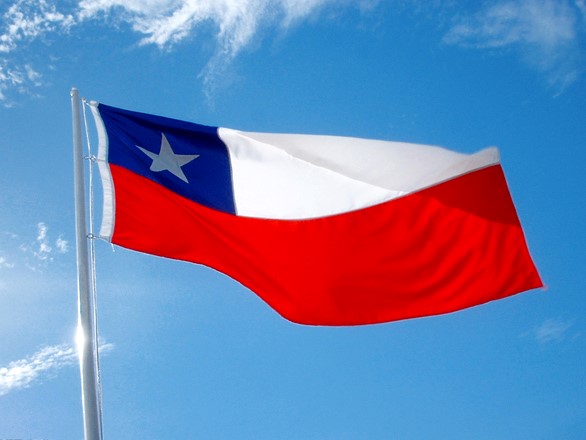Should you be reporting under new EPR regulations in Chile?
by Emma Mundy at 15:35 in Battery, Emerging, Environmental, Packaging, WEEE
Extended Producer Responsibility (EPR) is a global issue and no longer contained in regulation within the EU. Latin America has recently seen a surge in EPR style legislation being implemented and many countries are in various stages of development of EPR regulations, Chile is no exception. Today's blog focusses on what you should be doing if you sell certain priority products in Chile.
The law
The Chilean Parliament has passed a new law no 20.920 called Promotion of Recycling and Extended Producer Responsibility Act. The Act establishes six priority products to which the law applies. They are:
- Lubricating oils
- EEE
- Batteries
- Accumulators
- Packaging
- Tyres
The law was enacted by the President Michelle Bachelet on 17 May 2016 and the EPR law will take effect once it is published in the official journal. The law obliges producers to submit data on the quantities that they have marketed in Chile from June this year even if the law has not entered into force. This is because a transitional clause in the regulations means that the government can request that producers report even before the law has entered into force. There has currently been no official call to register, however individual producers can be requested to report data by the Ministerio de Medio Ambiente (MMA), Chile's Environment Ministry. Therefore, It's important that you do not get caught out and act quickly as fines for even minor infractions can be extremely costly as detailed further on.

Who is obligated?
Obligated parties are considered to be the party who transfers a priority product for the first time on the Chilean market, who transfers a priority product under its own brand purchased from a third party which is not the first distributor or imports a priority product for professional use. This means that manufacturers and distributors of certain products are responsible for organising and financing the recovery and waste management of these products when they become waste.
What you need to do
The main obligations for producers will be:
- To organise and finance the collection, storage, transport and waste management of the priority products
- Meet the collection and recovery targets
There may also be further obligations around eco design, certification, marking and labelling and deposit and refund systems.
Currently due to the lack of comprehensive or national compliance schemes obligated parties must contract with multiple municipal waste managers to meet targets set by the Ministerio de Medio Ambiente (MMA). At present because the MMA may sometimes obligate parties at its discretion upon registration, we have been advised that the MMA will provide guidance on how a producer can go about this.
Upon the implementation of the regulations guidelines will be published to facilitate the creation of producer collective compliance schemes. It is likely that these will resemble EPR schemes that operate in the EU as per the objectives outlined in the legislation. The schemes must be non-profit and approved/registered with the MMA.
Should I be reporting in June 2017?
The answer is potentially! The law includes a transitional clause that states even if the supreme decree establishing the goals and other associated obligations of the priority products do not enter into force, the ministry may still require that producers of priority products report annually through the Registro de Emisiones y Transferencias de Contaminantes. The obligation to inform must be delivered for the first time within a maximum period of twelve months from the publication of the law. This means producers need to report by 1 June 2017.
Producers of priority products will need to:
- Report the number of priority products marketed in Chile during the year
- At their cost, collect, recover and dispose of the priority products for the same period
- State the quantity of waste collected, recovered and disposed of
- State whether the management for collection and recovery activities is individual or collective.
Fines
There are large fines in place for non-compliance. The legislation states that minor infractions may be subject to written warnings or fines of up to 1,000 annual tax units which as calculated in April 2017 equates to 855,000 USD.
Therefore it is advised to contact the MMA in order to confirm if you should be reporting your priority products now and it is wise to have all the information to hand so it is easily accessible when requested.
If you have any questions about EPR legislation in Chile please contact us here.
 Click here to receive regular updates on blog posts, webinars, and regulatory changes directly to your inbox
Click here to receive regular updates on blog posts, webinars, and regulatory changes directly to your inbox

